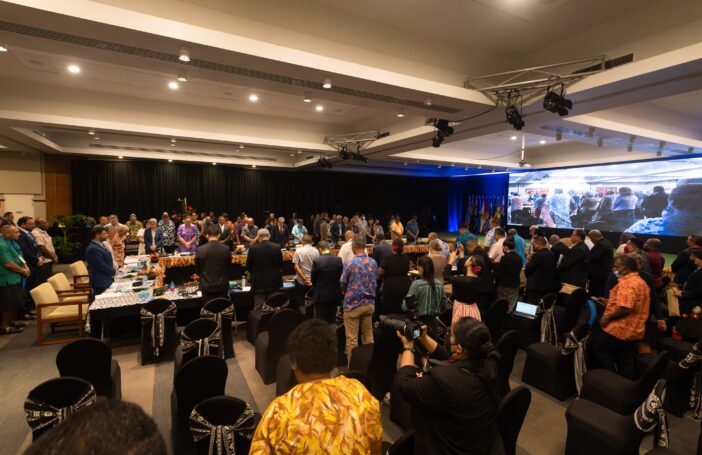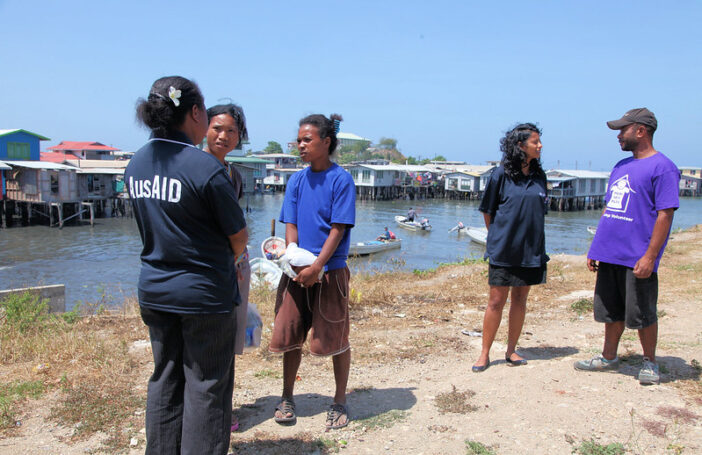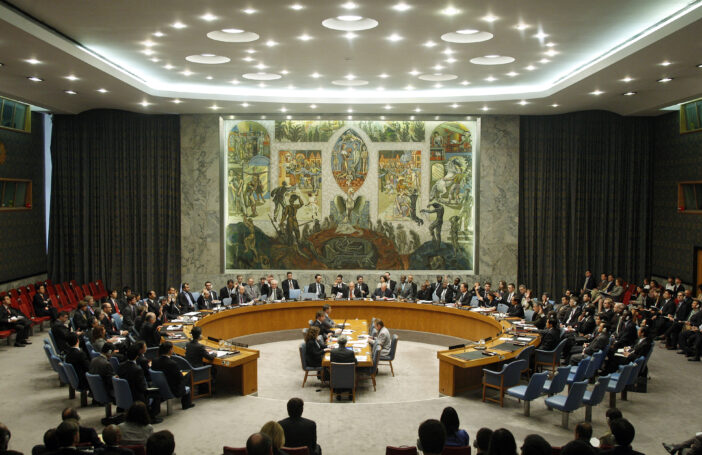A recent article in the Sydney Morning Herald called for cuts in Aid to Cambodia given accusations of escalating human rights abuses by the government. Critics point to the ‘plunder of natural resources’ and the eviction of thousands of landowners by force. Australia currently provides almost 100 million AUD in Official Development Assistance to the country with almost 80 million AUD through AusAID.
If we stop aid to Cambodia on the basis of human rights violations, should we also stop aid to Indonesia given criticism towards handling of West Papua or to Sri Lanka given accusations of shelling civilians during the final phase of the country’s civil war? In the same vein should we stop aid to Vietnam due to the arrest of a political dissident or Pakistan due to the persecution of Hindus and blasphemy laws which led to the arrest of a 14 year old girl? Should we extend the aid embargo against countries that are high on the corruption list thus ruling out Afghanistan, Myanmar and Nepal? Writing in 2010, Bill Easterly called the support donors provide to dictators, the international aid system’s “dirty secret.”
Developing countries are not necessarily going to have the strongest human rights records. That’s not an excuse, just a reality. So what do we do? One option is to draw red lines. Perhaps jailing a dissident here and there is acceptable as is providing aid to countries vital to our national interests despite claims of violence against ethnic minorities. Conversely, providing aid to countries that perpetrate the killing of unarmed peaceful protestors (think monks in Myanmar) could be deemed as unacceptable as military coups (i.e. Fiji).
A Guardian 2011 blog presents a moral case against this approach. It asks what right does the UK have to make judgements on human rights violations given its support of a war which killed many innocent Iraqi civilians. I disagree. Aid donors have the right to do what they want with their money; if donors deem certain activities to be human rights violations based on their own moral compass and national interests then that’s their call to make. How they convey their decision is important (ideally in a diplomatic and respectful manner).
The Guardian 2011 blog then suggests that a multilateral body, such as the UN, decide what constitutes human rights violations with clauses that trigger cuts to aid in the hope of pressuring governments.
Again I disagree. First, the UN is a body laden with vested interests that has failed to come to a consensus on many pressing human rights issues whether it be Syria, North Korea or the Israeli/Palestinian impasse. Indeed, Libya was elected to the UN human rights body in 2010 and Fiji has recently been elected the chair of an influential UN body of 77 developing country member states.
Second, even assuming the UN member states can agree on red lines, any reduction in aid is likely to detrimentally affect the poor to a greater extent than the political elites that condone and coordinate human rights violations. Examples abound of dictators in Libya, North Korea, Zimbabwe, and Iraq amassing wealth despite cuts to aid programs, all while many of their citizens live in abject poverty. Perhaps international sanctions specifically targeting the ruling elite may encourage a change in behaviour but I am not convinced a reduction in aid will have a discernible effect, particularly in countries with weak populations and entrenched political actors.
So how should we give money to countries with human rights violations? In his response to Easterly for Devpolicy last year Terence Wood suggested a potential approach is to provide aid through NGOs however he cautioned that targeted regimes might not allow donors to operate outside the mechanisms of the state.
How about combining some of these approaches? Aid comes as a package of humanitarian support, technical assistance, education funding and health care among other programs. If human rights violations occur at a level judged unacceptable by a donor then when practical, the donor could decide to reduce funding for certain activities that support the regime while continuing others that directly help the most vulnerable people. Australia took this approach after the most recent Fiji coup by suspending parts of the law and justice sector program (ie. assistance to the security services) but continuing the health and education programs. This could be one way of reducing the regime access to “slush funds” that concerns Easterly.
If we refuse aid to all countries with questionable human rights records, our aid program would be reduced to a skeleton. Moreover, human rights violations perpetrated by those at the top of the political food chain should be considered distinct from aid targeting the poor. The question should not be “Should we give aid to countries with questionable human rights records?” but “How can we effectively reach the most vulnerable people in countries, especially those who face human rights violations, all while not inadvertently supporting the regime in power.”
Dinuk Jayasuriya is a Research Fellow at the Development Policy Centre.






There is a distinction missing here and that relates to countries such as Australia providing aid or assistance (such as funding or training) to agencies and arms of regimes whose daily work involves human rights violations – the support for Detachment 88 in Indonesia is an obvious example of this. Also, ‘smart sanctions’ as applied to Fiji have certainly influenced the behaviour of the military leadership although not necessarily in ways envisaged or appreciated by Canberra.
Thanks Tess for your post.
I agree that the distinction is important and by mentioning that “the donor could decide to reduce funding for certain activities that support the regime” I was including donor support provided for arms of regimes. Perhaps I should have mentioned a ‘termination of funding’ – not just a reduction. It could be that Canberra views continuing support for Detachment 88 of greater national importance than terminating support based on allegations of human rights abuses. I’ll let others in more informed positions judge or comment on the merits of that decision. However, it does bring to the fore a broader question, should we stop funding for arms of regimes that have been proven (or alleged) to have committed human rights abuses regardless of the potential implications for our national security?
On your second point, in my view reducing aid in certain areas (that support the regime) while maintaining aid for areas that support the most vulnerable people (if practical) should not be undertaken with the primary goal of pressuring the regime to change course. It should be more of an implicit donor statement along the lines of “We don’t agree with what you are doing so we are going to stop funding certain activities. However, we remain committed to helping your most vulnerable citizens and would like to continue aid activities in certain areas”. Targeted non-aid sanctions may be used for the purposes of pressuring the regime although, as you point out, it might lead to unexpected consequences.